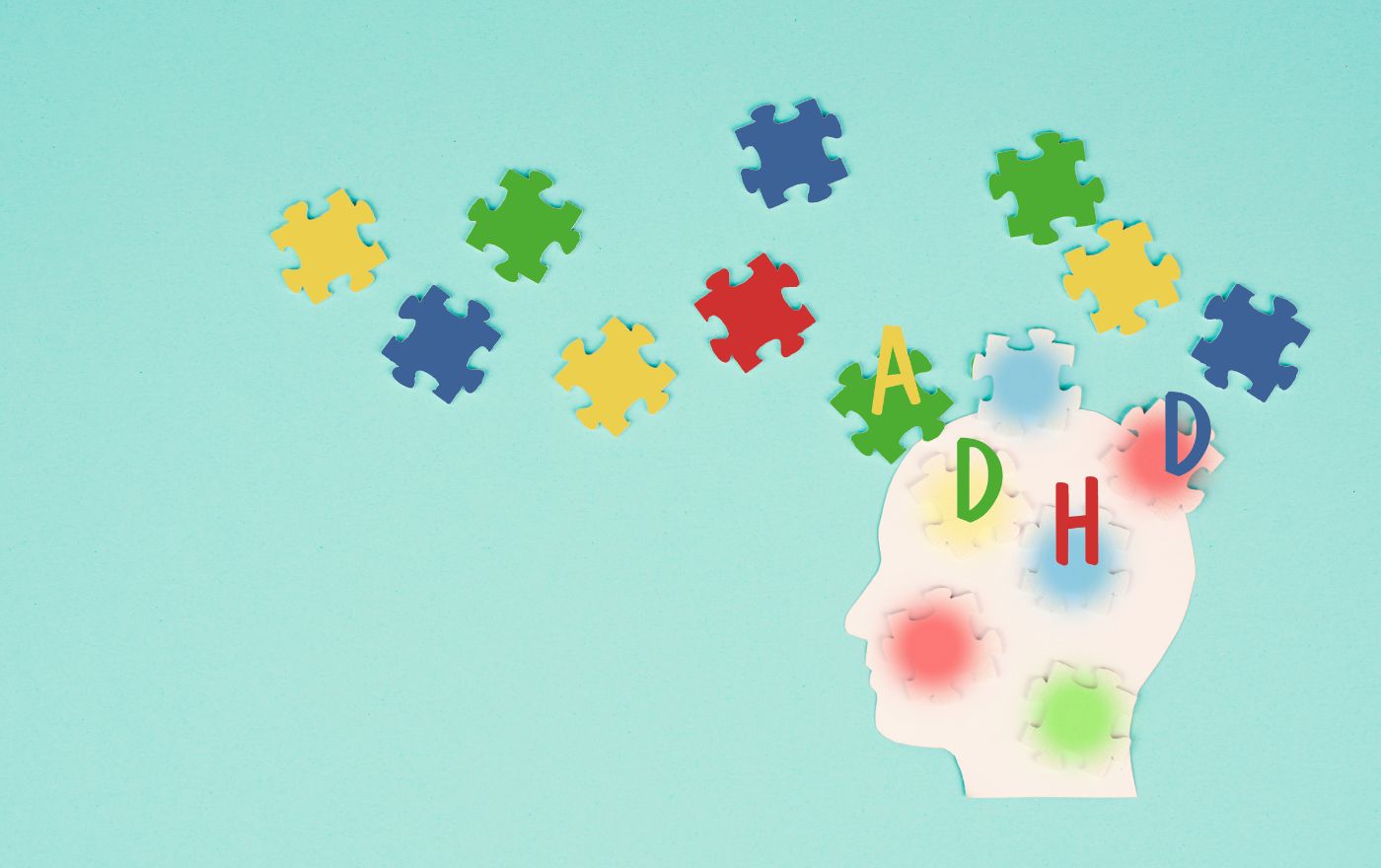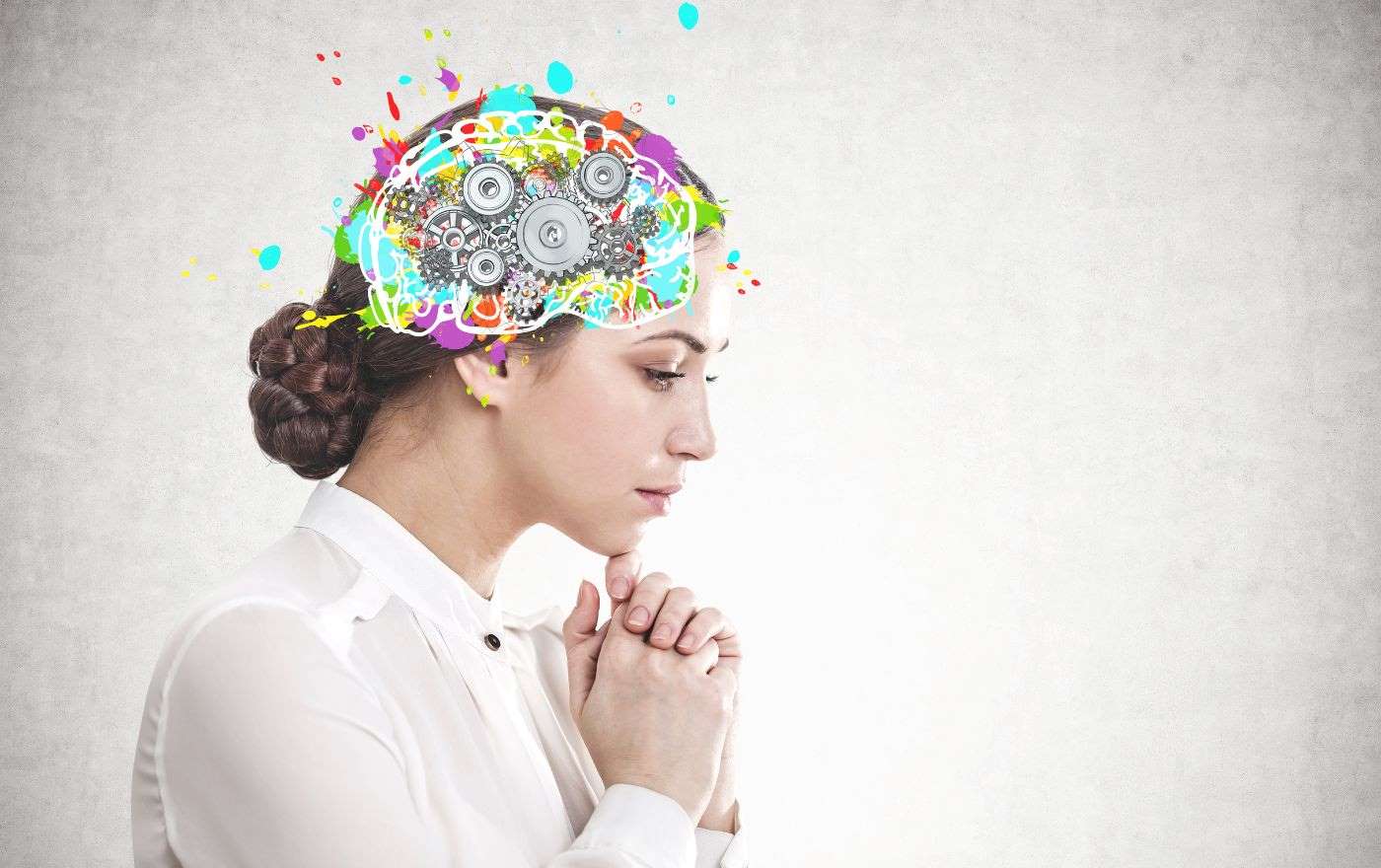
08 Nov Diagnosing ADHD in Adults
DIAGNOSING ADHD IN ADULTS:
YOUR GUIDE TO ACCURATE TESTING AND TREATMENT

So, you think you might have ADHD. As an adult, getting an accurate diagnosis can be challenging. The symptoms of ADHD tend to change as we age, often becoming less outwardly obvious. But that restless, distracted feeling is still there, making it hard to focus and follow through. If you find yourself constantly interrupting, losing things, or struggling with task completion or impulse control, it’s worth looking into. The good news is that there are ways to determine if you have ADHD and find the right treatment. This guide will walk you through the process step-by-step, discuss the signs and symptoms to look for, and explore your testing and treatment options to get the answers and help you need.
Understanding ADHD Symptoms in Adults
The hallmark symptoms of ADHD in adults include trouble focusing or concentrating, hyperactivity, and impulsivity that significantly impact your day-to-day life.
Trouble Focusing
It takes a lot of work to pay close attention to details. You need to be more focused and often forgetful. Tasks like paperwork, paying bills, or mundane chores seem overwhelming. You need help planning and prioritizing, procrastinate frequently, and need assistance completing projects.
Hyperactivity and Restlessness
You feel restless, fidgety, and “on the go” like you can’t sit still. Excessive talking, interrupting others, and doing things impulsively without considering the consequences are common. Activities that require sustained mental effort, like meetings, lectures, or long car rides, are challenging. Exercise is one of the only ways to relieve pent-up energy and restlessness.
Making hasty decisions without considering the effects leads to poor outcomes and regret. You need help delaying gratification and getting impatient easily. Mood swings, irritability, anger outbursts, and overreacting to criticism or frustration are signs of poor emotional regulation – a hallmark of impulsiveness.
Getting a proper diagnosis and understanding how ADHD symptoms uniquely impact you is key to developing effective strategies and treatments. Don’t suffer in silence. Get the help and support you need. Many resources and a supportive community are waiting to help you thrive.

The ADHD Diagnostic Process for Adults
The process of diagnosing ADHD in adults typically involves multiple steps.
Gathering Information
First, you’ll have an initial evaluation with a mental health professional like a psychiatrist or psychologist. They will ask you about your symptoms, how long you’ve had them, and how much they impact your life. Be prepared to provide examples of struggles at work or home.
- You’ll fill out self-report questionnaires about your symptoms and behaviors. Your close ones may also provide input about your symptoms.
- Your medical and family history will be reviewed. ADHD is highly genetic, so knowing if family members have it is important.
Clinical Interviews
The clinician will conduct a structured diagnostic interview in one or more follow-up appointments. They will evaluate if you meet the official DSM criteria for ADHD based on your symptoms and their severity.
Additional Testing
- Some clinicians may administer neuropsychological tests to assess memory, impulse control, or planning abilities. These provide objective data to support a diagnosis.
- Medical tests like blood tests or brain scans are usually not required but may be used to rule out other potential causes of your symptoms.
Getting an accurate ADHD diagnosis as an adult can be challenging, but with patience and the right clinician, you can get the answers and treatment you need. Staying actively involved in the process, providing details about your experiences, and openly communicating your concerns will help ensure an accurate outcome.
ADHD Testing Options for Adults
Diagnosing ADHD in adults can be challenging, as symptoms often overlap with other conditions or life stresses. There are a few options for testing to determine if you meet the criteria for an ADHD diagnosis:
Psychiatric Evaluation
Seeing a psychiatrist, psychologist, or licensed social worker is the most comprehensive approach. They will evaluate your symptoms life history, and rule out other potential causes. This typically involves filling out questionnaires about your behaviors, habits, and challenges and an in-person interview. The clinician will determine if your symptoms significantly impact your day-to-day life, relationships, work, or education—which is required for an ADHD diagnosis.

Standardized ADHD Tests
Some clinicians may administer standardized tests like the Conners Continuous Performance Test (CPT) or the Test of Variables of Attention (TOVA). These timed computer tests measure attention, impulsivity, and hyperactivity. They provide objective data to support a diagnosis. However, these tests alone do not confirm or rule out ADHD.
ADHD Checklists and Scales
You may be asked to complete common ADHD checklists like the Adult Self Report Scale (ASRS) or the Conners Adult ADHD Rating Scales (CAARS). These help quantify and track your symptoms. High scores indicate the potential presence of ADHD but should always be interpreted by a professional.
Getting properly tested for ADHD as an adult is important for developing an effective treatment plan. Speaking to a doctor or mental health professional about your concerns and options for a diagnosis is the best first step. You can better manage your symptoms and thrive with an accurate diagnosis and the right interventions like therapy, medication, lifestyle changes, or a combination.
Conclusion: Diagnosing ADHD in Adults
So there you have it, a helpful guide to understanding adult ADHD testing and the next steps for treatment. Getting evaluated and diagnosed is an important first step to finally understanding yourself better and accessing the resources you need. Don’t continue to struggle through life, feeling like something needs to be corrected or not quite right. Take action and speak to your doctor about getting evaluated for ADHD. The testing process may seem daunting, but finding the right diagnosis and treatment plan can be life-changing. You owe it to yourself to determine if ADHD is something you’ve been living with so you can start implementing strategies to manage symptoms better and thrive. The journey may not always be easy, but you don’t have to go through it alone. There are many resources and a strong support system to help you along the way.
Craig Selinger
Latest posts by Craig Selinger (see all)
- Psychotherapy and Support Services at Cope With School NYC - April 12, 2024
- NYC Parents of Teens Support Group - April 8, 2024
- Here I Am, I Am Me: An Illustrated Guide to Mental Health - April 4, 2024


No Comments